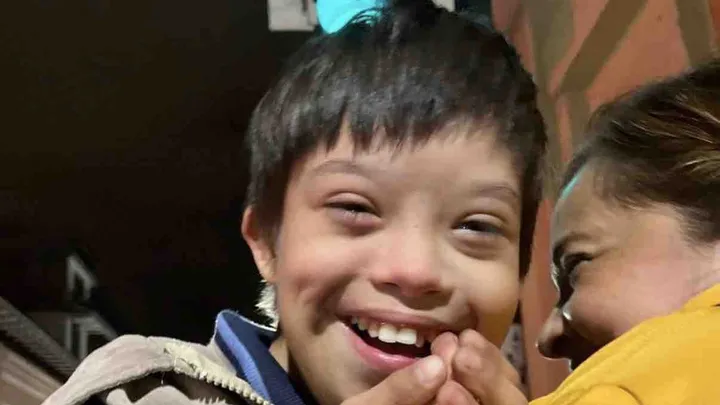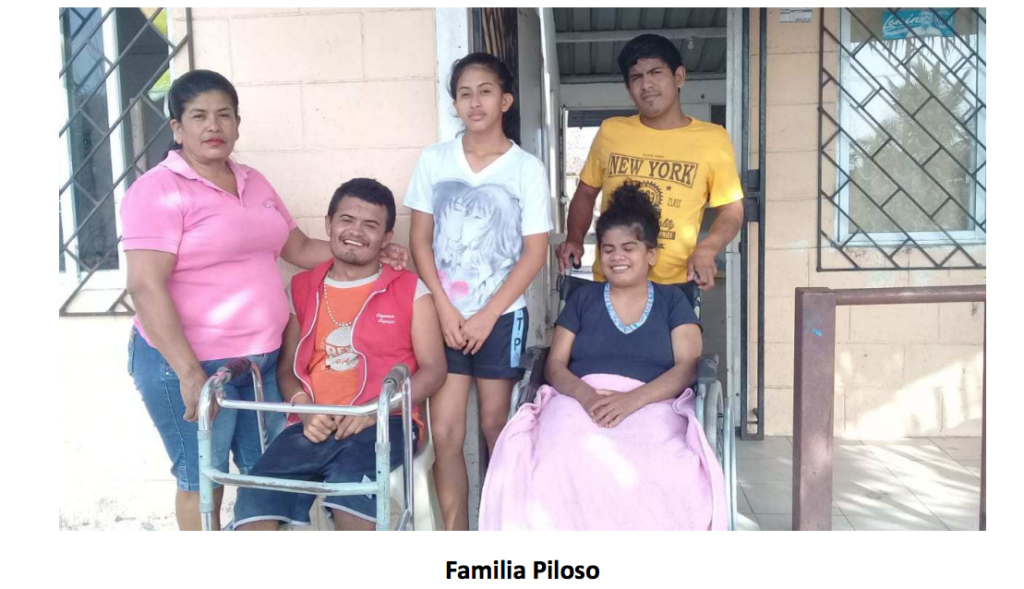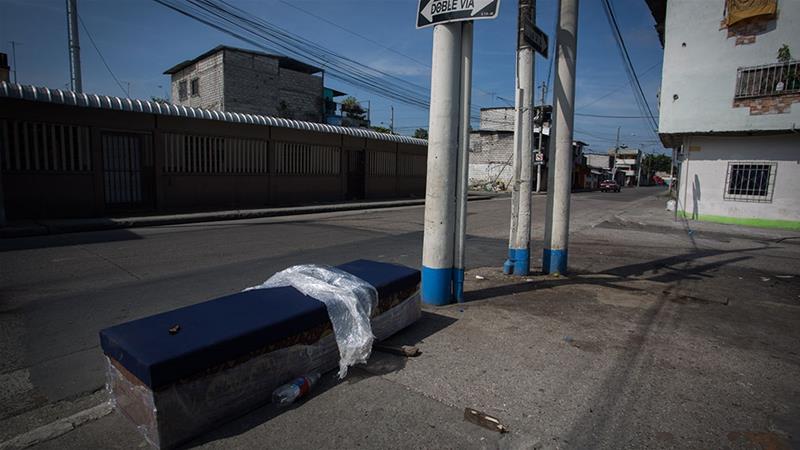World Quinoa Congress
This is a guest post from Alan Adams (’67-69) about the recently concluded Quinoa Congress which was originally scheduled for June of last year but was held in November 2025. We understand it was successful and are looking forward to the full report. Here is Alan prior post for us in March 2024. This post was initially prepared before the Congress happened.
I am writing to the membership of Friends of Ecuador to express our deep gratitude for the support you have continued to show the Association Mushuk Yuyay in its efforts to achieve food sovereignty and economic stability in southern Ecuador.
Preparations for the IX World Quinua Congress and VI Andean Grains Symposium are moving along steadily. Transportation, housing, food details are finalized, as well as collaborations with local, provincial, and national government entities and various universities. Businesses and NGOs are also on board for a successful Congress followed by a Feria featuring several business enterprises along with Mushuk Yuyay. These are things beyond our dreams when we were in Peace Corps.
The quinua harvest is bountiful, and the farmers are proud. Of course, there are still bills to pay, and $1,000 for food expenses would go a long way. Guests will be treated to several dishes, traditional and newly developed, featuring nutritious Andean grains. Mushuk Yuyay will live up to their motto: “Health is the best business.
The activities surrounding these events will take place in Cantón Cañar in southern Ecuador, just a little north of Cuenca. The dates are November 18th through 21st, 2025. Coming up soon!
Mushuk Yuyay is community centered, locally planned and carried out, for the wellbeing of the people in the area. Mushuk Yuyay supports the viability of local family farms, and employs local workers in their processing plant, their marketing, and in their harvests. Mushuk Yuyay is effectively reversing emigration in the province.
We appreciate any contribution you can make.
Here is a bit more information on the organization.
MUSHUK YUYAY: COMMUNITY LED, INDIGENOUS EFFORTS IN THE ANDES MOUNTAINS
For thousands of years, the indigenous people of the Andes mountains of southern Ecuador (the Kañari) have been growing, tending, and harvesting quinoa, amaranth, and other native grains. They have been cultivating a great many varieties of potatoes and other tubers along with squashes, vegetables, and fruit. In the face of centuries of colonialism and imperialism, the Kañari have managed to hold on to their traditional ways of caring for the earth, and feeding each other. But that does not mean their path has been an easy one; they have faced immeasurable adversity and hardship.
In the indigenous Kichwa (Quechua) language, Mushuk Yuyay means “New Thought,” and the initiative certainly lives up to its name. The Association of Producers of Seeds and Nutritious Andean Foods Mushuk Yuyay was established by Nicolás Pichazaca in 1994 to help local smallholder farmers with seed and organic inputs at a time when the farmers were struggling to survive. Since then, they have established a name brand for their products, Alli Mikuna (“Good Food”), and built a processing plant. Mushuk Yuyay sees their purpose as to holistically work with indigenous farmers to build a stable economy with food sovereignty, food security, and food justice.
According to the initiative, the needs of their community around health, food, and money,
coupled with the battle against climate change cannot be solved with one solution. As a result, they approach existing environmental, health, and economic challenges with a holistic array of programs. These include feeding and nutrition education through their Healthy Children and Healthy Future school program; ecosystem restoration through the Restorative Forest of Guyaraloma; paying farmers fair market prices in the field at harvest; community education programs with NGOs and public agencies; irrigation projects involving the area in which they operate; participatory research with universities; developing organic fertilizers and pest control with the farmers; seed selection and improvement for increased biodiversity; expanding cultivation through developing community savings and loan groups; and finally, marketing by developing their own brand, Alli Mikuna, and building a processing center.
World Quinoa Congress Read More »










